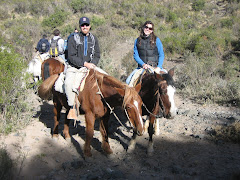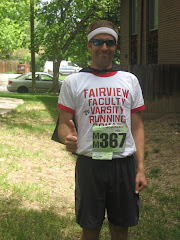
A recent study has placed the number of undocumented residents of the United States at around 12-14 million. All of these individuals have come to the United States for different reasons and under different circumstances. Presently in Colorado and the United States as a whole, undocumented high school students cannot attend colleges and university because they are denied in-state tuition and very often cannot afford to pay out of state tuition. The current controversy surrounding this debate is whether individual state and the federal government should allow undocumented high school students who have the necessary grades and test scores to receive in-state college tuition.
The DREAM Act, which has been voted down twice, is a piece of legislation that would allow in state tuition for undocumented students. Moreover, this act would provide a "path to citizenship" for undocumented students who would otherwise have to leave the country for 10 years before they could apply for citizenship. Opponents of this bill argue that we should not reward illegal immigration and this law would provide the motivation for more illegal immigration in the future. Proponents of the DREAM Act maintain that often times it is not the fault of the student that they are here in the United States and should not be penalized for their parents "crimes". What do you think? Should undocumented students be given in-state tuition in Colorado?
Points to consider in your response:
-Where is the money coming from?
-Should undocumented students be required to pay state taxes as well?
-how would that look?
-Does granting in-state tuition reward illegal immigration?
-Should these students be punished for their parents actions?
-How can these students ever become citizens?
Dream Act
reformimmigrationforamerica.org
"RIFA"











